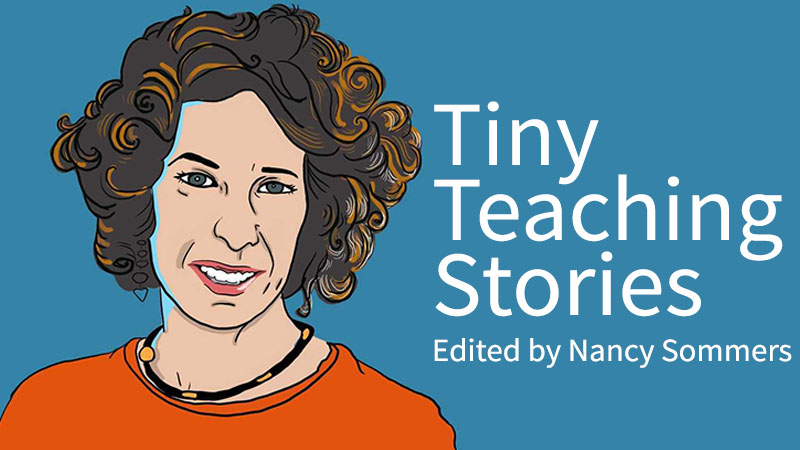-
About
Our Story
back- Our Mission
- Our Leadershio
- Accessibility
- Careers
- Diversity, Equity, Inclusion
- Learning Science
- Sustainability
Our Solutions
back
-
Community
Community
back- Newsroom
- Webinars on Demand
- Digital Community
- The Institute at Macmillan Learning
- English Community
- Psychology Community
- History Community
- Communication Community
- College Success Community
- Economics Community
- Institutional Solutions Community
- Nutrition Community
- Lab Solutions Community
- STEM Community
- Newsroom
- Macmillan Community
- :
- English Community
- :
- Bits Blog
Bits Blog
Options
- Mark all as New
- Mark all as Read
- Float this item to the top
- Subscribe
- Bookmark
- Subscribe to RSS Feed
Bits Blog
Showing articles with label Virtual Learning Resources.
Show all articles
Macmillan Employee
03-15-2021
10:00 AM
In today's "What We've Learned" video, Stuart Selber, one of the authors of Technical Communication, reflects on the challenges of being present and available for students in online environments, and creating channels for interacting with and providing feedback to students.
... View more
Labels
-
Virtual Learning Resources
1
0
3,850
Macmillan Employee
03-10-2021
10:00 AM
In today's "What We've Learned" video, David Starkey (@davidstarkey), author of upcoming first edition Hello Writer, reflects on teaching in small, 2-3 minute chunks and the necessity of focusing on the most important information to communicate to students, as well as the surprising opportunities offered by the pandemic for reflection, mindfulness, and equity mindsets.
... View more
Labels
-
Composition
-
Corequisite Composition
-
Developmental English
-
Virtual Learning Resources
1
0
4,149
Macmillan Employee
03-08-2021
10:00 AM
In today's "What We've Learned" video, Quentin Miller, author of The Compact Bedford Introduction to Literature and Literature to Go, reflects on taking advantage of the opportunities presented by technology to broaden the types of assignment and engagement available to students.
... View more
The Compact Bedford Introduction to Literature


Michael Meyer; D. Quentin Miller
The Compact Bedford Introduction to Literature
English
Labels
-
Literature
-
Virtual Learning Resources
0
0
3,880
Macmillan Employee
11-09-2020
10:00 AM
In today's "What We've Learned," Erica Duran, one of the authors of Science and Technology, discusses the challenges of motivating students remotely, identifying why students might be struggling, and supporting students through personal challenges by offering understanding, care, and the resources they need.
... View more
Labels
-
Composition
-
Virtual Learning Resources
0
0
2,288
Topics
-
Bedford New Scholars
42 -
Composition
238 -
Corequisite Composition
33 -
Developmental English
31 -
Events and Conferences
18 -
Instructor Resources
6 -
Literature
40 -
Professional Resources
7 -
Virtual Learning Resources
4
Popular Posts











